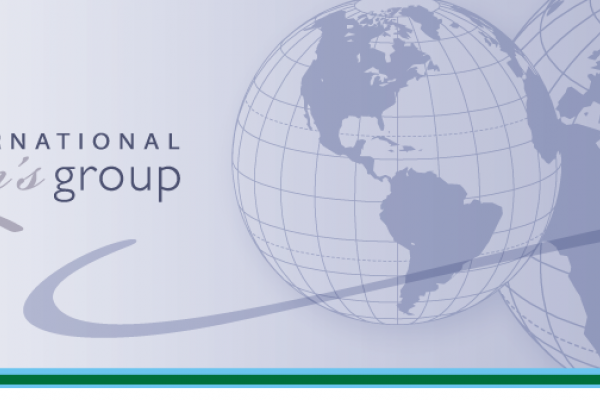CAPE TOWN, South Africa— RTI International researchers, in partnership with the South African Medical Research Council, will conduct a study with sexually-active, substance-using female adolescents who have dropped out of school in Cape Town, South Africa. The study aims to increase the uptake of HIV testing and counseling, and decrease substance use, victimization and sexual risk behavior.
"We have the opportunity to work with female adolescents who are at great risk for HIV and do not have programs to address their specific risks, while also working with the government to train peer role models in hopes of creating a project that is evidence-based and sustainable," said Wendee Wechsberg, Ph.D., the study's principal investigator and director of RTI's Substance Use, Gender and Research Program.
This five-year, cluster randomized trial is funded by the U.S. National Institute on Drug Abuse. The study will recruit 500 young women via peer outreach across socioeconomically disadvantaged communities.
This new study has the potential to not only reach young women at risk for HIV, but to also create opportunities for employment and job training, according to Wechsberg.
In collaboration with the Western Cape Department of Social Development, the project will train and mentor young women, employed through the National Expanded Public Works Programmes, as peer outreach workers to recruit participants for this study. These young women will help track and retain participants in the study and co-facilitate the Young Women's CoOp intervention.
"We will be impacting one of the most vulnerable populations for victimization, unplanned pregnancy, gang relationships, substance abuse and HIV," Wechsberg said.
RTI will host a conference to generate actionable solutions for ending gender inequalities April 12-13 at the Friday Center in Chapel Hill, North Carolina.
"We have the opportunity to work with female adolescents who are at great risk for HIV and do not have programs to address their specific risks, while also working with the government to train peer role models in hopes of creating a project that is evidence-based and sustainable," said Wendee Wechsberg, Ph.D., the study's principal investigator and director of RTI's Substance Use, Gender and Research Program.
This five-year, cluster randomized trial is funded by the U.S. National Institute on Drug Abuse. The study will recruit 500 young women via peer outreach across socioeconomically disadvantaged communities.
This new study has the potential to not only reach young women at risk for HIV, but to also create opportunities for employment and job training, according to Wechsberg.
In collaboration with the Western Cape Department of Social Development, the project will train and mentor young women, employed through the National Expanded Public Works Programmes, as peer outreach workers to recruit participants for this study. These young women will help track and retain participants in the study and co-facilitate the Young Women's CoOp intervention.
"We will be impacting one of the most vulnerable populations for victimization, unplanned pregnancy, gang relationships, substance abuse and HIV," Wechsberg said.
RTI will host a conference to generate actionable solutions for ending gender inequalities April 12-13 at the Friday Center in Chapel Hill, North Carolina.

